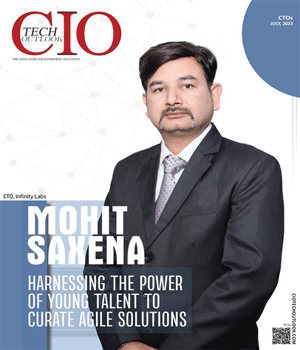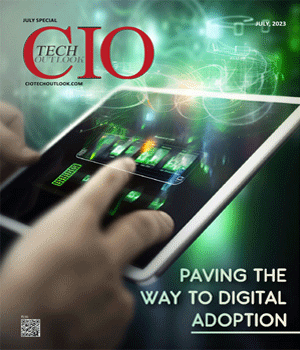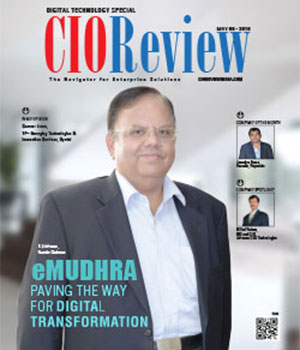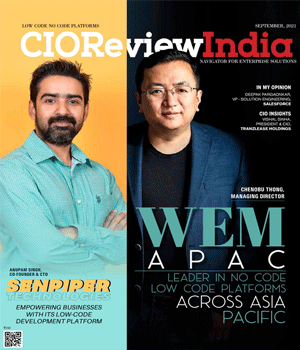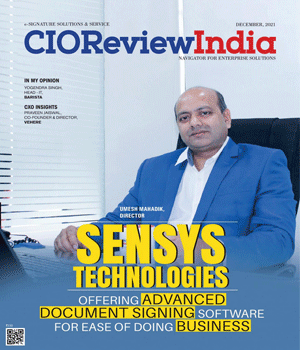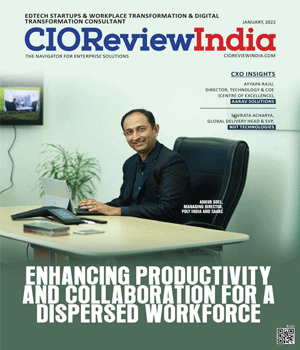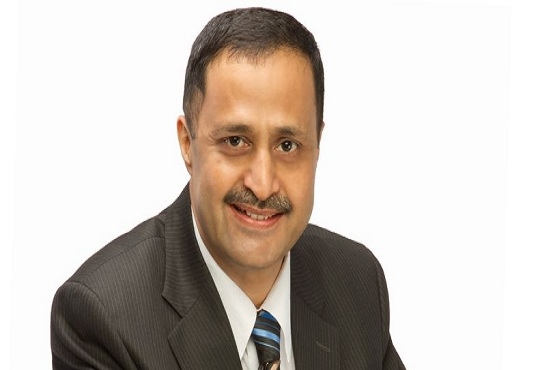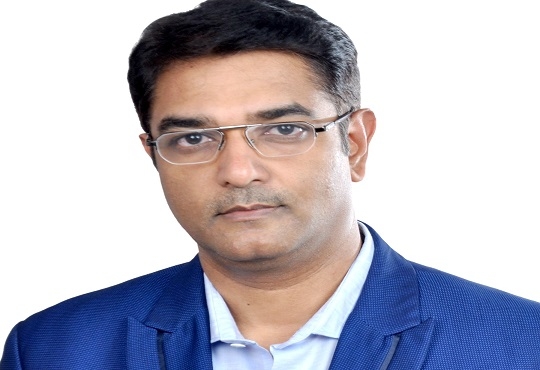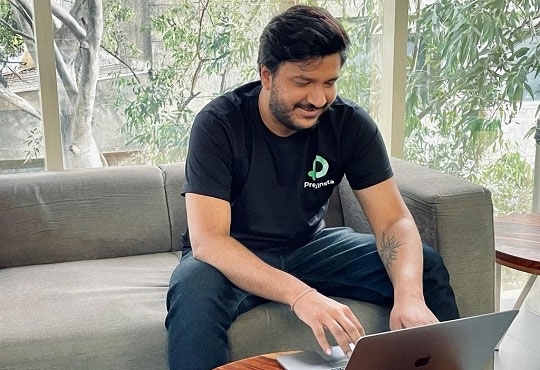
Protocol has been developed to address security, privacy loopholes in EV charging
CIOReviewIndia Team | Thursday, 28 October 2021, 03:20 IST
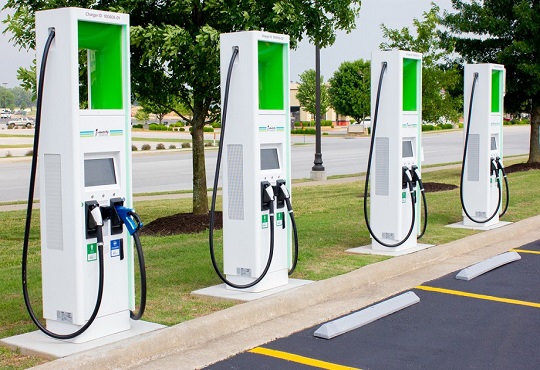 Researchers from the National Institute of Technology, Andhra Pradesh have developed a protocol to address major security and privacy vulnerabilities in dynamic charging of electric vehicles.
Researchers from the National Institute of Technology, Andhra Pradesh have developed a protocol to address major security and privacy vulnerabilities in dynamic charging of electric vehicles.
Popularising Electric Vehicles (EVs) are part of India's focus on renewable energy policy in its action plan to combat climate change.
The Institute worked with researchers from IIIT Hyderabad, IIIT Naya Raipur, Kyungpook National University (South Korea), and University of Wollongong (Australia), to develop this protocol, a release said here.
The International Energy Agency (IEA) predicts that by 2030, the worldwide fleet of electric vehicles will reach 145 million. As more people choose electric vehicles, the demand for charging infrastructure would also grow.
This research was led by Alavalapati Goutham Reddy, Assistant Professor, Department of Computer Science and Engineering, NIT. The research paper was co-authored by Raveendra Babu, Research Scholar, NIT Andhra Pradesh along with Professor Ashok Kumar Das of IIIT Hyderabad, Ruhul Amin of IIIT Naya Raipur, Professor Young-Ho Park of Kyungpook National University and Professor Willy Susilo of University of Wollongong.
This group of interdisciplinary researchers developed an authentication with 'Key Agreement Protocol' for EV Dynamic Charging Infrastructure Entities. They published their findings in the reputed peer-reviewed journal IEEE Transaction on Vehicular Technology.
These findings demonstrate that messages exchanged between electric vehicles and dynamic charging infrastructure are secure, preventing attackers from tracking the vehicle and gaining any benefits, the release claimed.
On the key aspects of this research, Reddy said: "A lot of effort needs to be done to make charging while driving a reality. This is because there are so many communication principles and so many different types of messaging and charging infrastructure established in public places that are prone to security and privacy concerns."
As EVs are electric-powered, researchers have studied static, quasi-static, and dynamic charging systems. Static charging, which allows consumers to park at their homes or offices, needs the car to be immobile. It requires a connecting wire and a plug-in charger, causes range anxiety, and is unsafe in the wet. Quasi-charging is used to charge vehicles that stop briefly, including at traffic lights or bus stops.
Babu said: "Authentication is the most critical step in safeguarding any data from attackers, we chose to develop secure and effective authentication protocols for multiple dynamic charging network models used by electric vehicles."
Dynamic charging allows for on-the-go charging and would be a new revolution and a boon to the transportation sector. However, it is still a work in progress because it requires precise coordination between electric vehicles, highway infrastructure, and charging stations.
As a result of the wide range of communication principals involved, novel technologies employed, messages sent among communicating principals, and charging infrastructure implemented in places like homes, offices, and public stations, hint at several security issues to be considered, such as message tampering, spoofing, or delaying among others to disconcert the charging service.
"The designed protocol is immune to man-in-the-middle attacks, impersonation attacks, replay attacks, and insider assaults, while maintaining user anonymity and untrace ability. Also, the proposed protocol is more efficient than its counterparts in terms of computing and communication costs," the researchers said.
CIO Viewpoint
EdTech Business Models: Unlocking Success in...
By Atulya Kaushik, Co-founder and CEO of PrepInsta
CIO's Role in Driving Enterprise Sustainability
By Manoj Deorukhkar, Chief Information Officer at Sterling & Wilson Limited
Transforming employee experience through the...
By Prasad Ramakrishnan, CIO of Freshworks
CXO Insights
How leveraging technology solutions automates...
By Bimlesh Prasad
Why Digitalization is Crucial to Staying...
By Janifha Evangeline
How Digitization is Shattering Real Estate...


